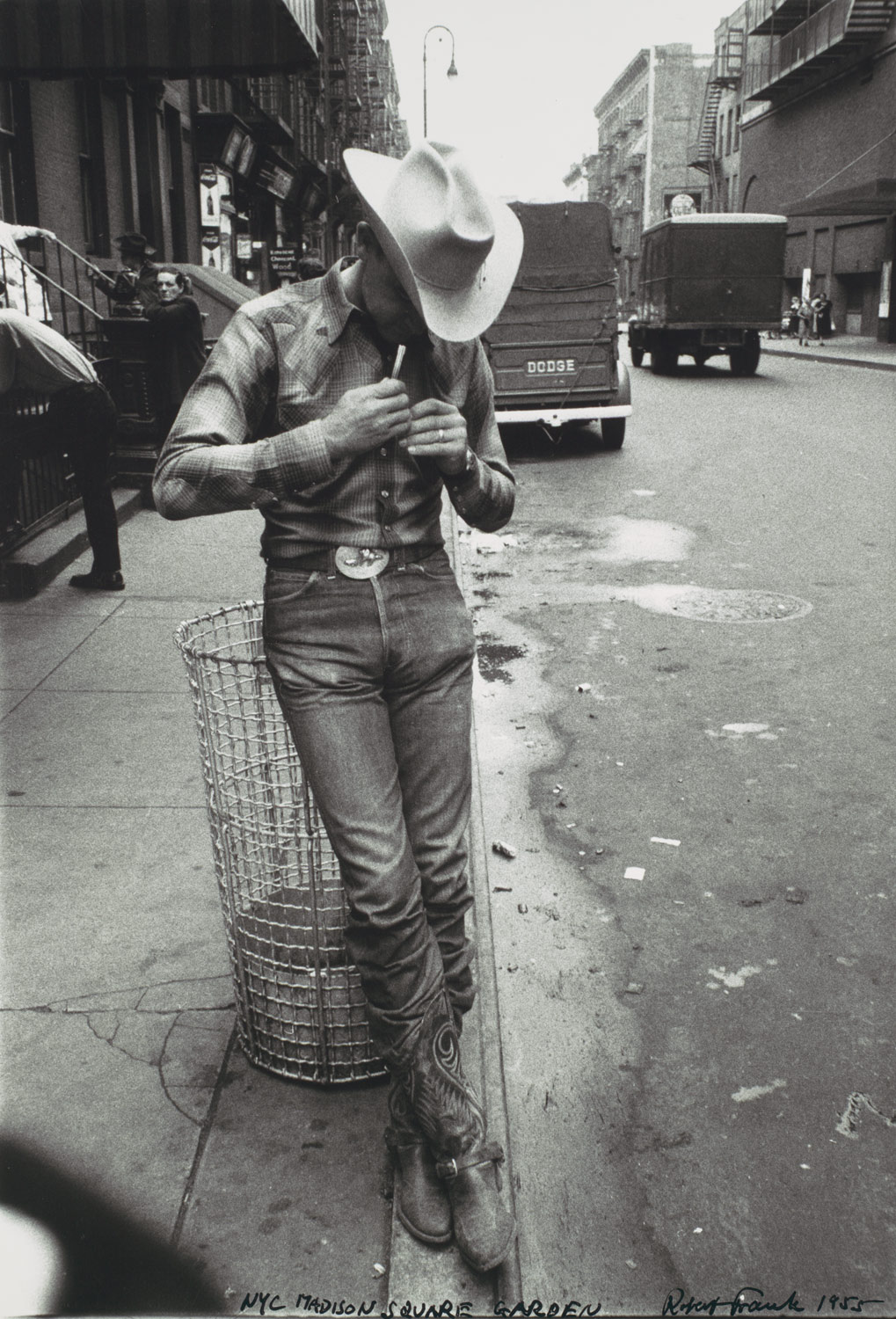On the Road at 50
While the papers have been full of articles rehashing On The Road in recent weeks in commemoration of the novel's 50th anniversary, I particularly enjoyed a recent conversation published in Slate. A few pull-quotes:
Meghan O'Rourke:
"The radical innovation—and I do think it was radical, however flawed the book itself may be—was that the story doesn't end when Sal Paradise gets to San Francisco, or even when he gets back to New Jersey to his aunt's house. It just keeps on going—as he crisscrosses the continent time and again, watching his peers fall apart (Remi Boncouer) or get married, divorced, and remarried (Dean Moriarty) all while witnessing in himself the growth of something that can't be altered, some hunger that, it becomes apparent, will not be appeased."
Walter Kirn:
"I mourn the idea that America could be healed not through the calibration and adjustment of competing interests and group identities—through lobbying, lawyering, and legislating—but through participation in a great ecstasy. (One modeled, perhaps, on the compassionate mania of On the Road's Dean Moriarty, 'who not only understood but cared and wanted to understand more and much more than there was … ')"
Meghan O'Rourke:
"In fact, when I was very young I used to pull my parents' paperback copy off the bookshelf to look at the cover, because I found it comforting. It was a photo of two bearded guys, who vaguely resembled my dad, in front of a beat-up car, which resembled the one we owned (ours wouldn't go into reverse). I thought in some vague way that it had been written by a friend of theirs."
Walter Kirn:
"That 'God is pooh bear' nonsense in the novel's closing rhapsody is as ugly a pimple on the ass as can be found in a famous American book..."
Walter Kirn again:
"Kerouac's cross-country adventures were an effort to mingle with those who lived these principles, these pre-Constitution mandates of the spirit, and to learn to live them more perfectly himself from whomever seemed able to teach him, be he Dean Moriarty, the motormouth con man, some perspiring black horn player in San Francisco, some shy young cutie on a bus, or the Mexican California field workers whose sense of this continent where we all abide—composed of soil and rock and water, made habitable through toil, surrounded by oceans, spanned by roads, and watched over (one would like to hope) by gods—was neither American nor un-American but broader and older than those tiny notions and—Kerouac knew—more likely to endure.
Endurance—not excitement, not kicks, not thrills (which are merely flashes of the deep energies that make endurance possible)—was Kerouac's great theme as a writer."
The full letter exchange can be found here.
Meghan O'Rourke:
"The radical innovation—and I do think it was radical, however flawed the book itself may be—was that the story doesn't end when Sal Paradise gets to San Francisco, or even when he gets back to New Jersey to his aunt's house. It just keeps on going—as he crisscrosses the continent time and again, watching his peers fall apart (Remi Boncouer) or get married, divorced, and remarried (Dean Moriarty) all while witnessing in himself the growth of something that can't be altered, some hunger that, it becomes apparent, will not be appeased."
Walter Kirn:
"I mourn the idea that America could be healed not through the calibration and adjustment of competing interests and group identities—through lobbying, lawyering, and legislating—but through participation in a great ecstasy. (One modeled, perhaps, on the compassionate mania of On the Road's Dean Moriarty, 'who not only understood but cared and wanted to understand more and much more than there was … ')"
Meghan O'Rourke:
"In fact, when I was very young I used to pull my parents' paperback copy off the bookshelf to look at the cover, because I found it comforting. It was a photo of two bearded guys, who vaguely resembled my dad, in front of a beat-up car, which resembled the one we owned (ours wouldn't go into reverse). I thought in some vague way that it had been written by a friend of theirs."
Walter Kirn:
"That 'God is pooh bear' nonsense in the novel's closing rhapsody is as ugly a pimple on the ass as can be found in a famous American book..."
Walter Kirn again:
"Kerouac's cross-country adventures were an effort to mingle with those who lived these principles, these pre-Constitution mandates of the spirit, and to learn to live them more perfectly himself from whomever seemed able to teach him, be he Dean Moriarty, the motormouth con man, some perspiring black horn player in San Francisco, some shy young cutie on a bus, or the Mexican California field workers whose sense of this continent where we all abide—composed of soil and rock and water, made habitable through toil, surrounded by oceans, spanned by roads, and watched over (one would like to hope) by gods—was neither American nor un-American but broader and older than those tiny notions and—Kerouac knew—more likely to endure.
Endurance—not excitement, not kicks, not thrills (which are merely flashes of the deep energies that make endurance possible)—was Kerouac's great theme as a writer."
The full letter exchange can be found here.







